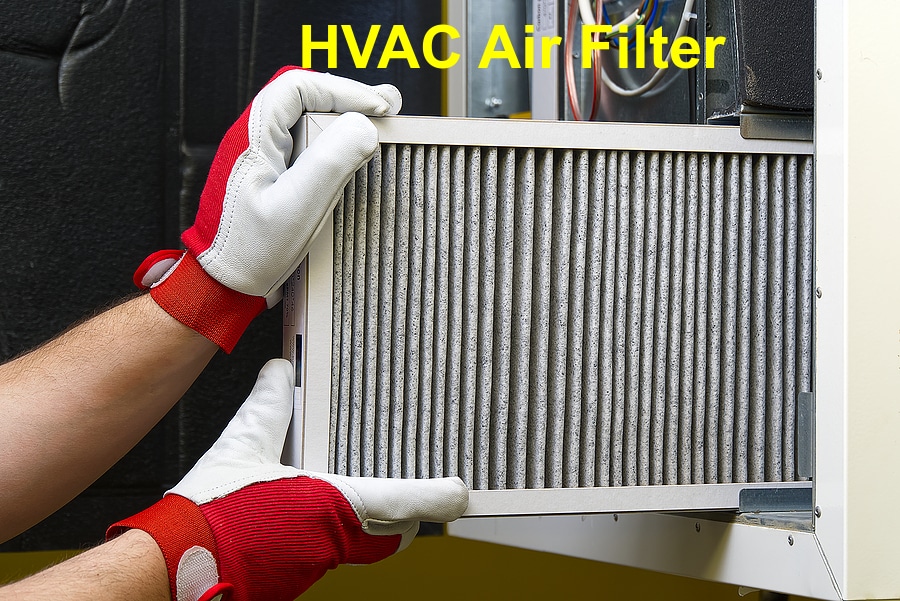According to leading HVAC contractors, the genesis of most HVAC system’s breakdown is clogged air filters. You see, air filters are typically made of pleated paper or spun fiberglass surrounded by a reinforced cardboard frame. Their work is to act as an effective barrier that blocks contaminants such as dust, lint, hair, fur, spores and pollen from reaching sensitive parts of the unit or circulating in your home.
Here’s Often You Should Replace your HVAC’s Air Filter
Depending, of course, on the type or brand of air filter that your unit uses, you will have to adhere to the recommended replacement schedule if you want optimal HVAC performance throughout the year. While most manufacturers will advise you to change your air filters at least once a month or every other month, it is not always as clear cut as that.
For starters, you can change your air filter at least once every 90 days if you don’t have pets, especially furry animals. Now, if you are a regular homeowner who owns several pets (furry animals) or suffer from fur/dust/pollen allergy, then changing your air filters every 30 days is paramount for excellent system performance. Otherwise, single occupant homes with no fur-coated pets or vacation homes that are hardly used can get away with changing their air filters once or twice a year.
What are the Risks of Not Changing the HVAC Air Filters?
When your AC’s air filter is not changed regularly and consistently, it becomes clogged up with grime and dust that sticks to the fabric of the filter. As much as the filter is designed to accommodate such fine particles, the continual build-up of these contaminants will eventually lead to the creation of an impenetrable barrier that inhibits the free flow of air.
This means that your HVAC unit will have to work harder and longer to redistribute air throughout the home than it is intended to. The end result, as you would expect, is increased energy bills and shortened life of the intricate parts of the HVAC units such as the pump. What’s more, since air is not circulating normally as a result of this system strain, it could mean that your house could end up being too hot during the summer or too cold in the winter despite the HVAC being on throughout the day.
References: Home Depot, Amazon, Washington Post

